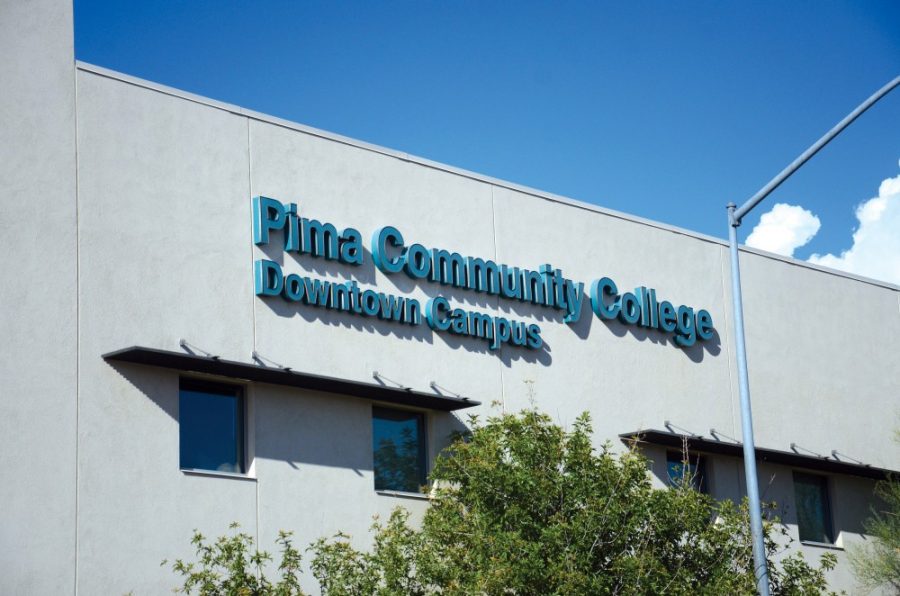This year, it is predicted that over 1.5 million people will be diagnosed with cancer in the U.S. Cancer is one of the top leading causes of death in our country, second only to heart disease.
During his final State of the Union address, President Barack Obama discussed a new initiative to “cure cancer” in a moonshot. He announced that he was giving “mission control” of this project to Vice President Joe Biden, who recently lost his son to brain cancer. While this is a noble goal, the idea that cancer can be cured is over-simplistic and outdated.
In 1971, President Richard Nixon declared a similar “war on cancer,” in an attempt to get rid of the disease. This led to public expectations that it would be a quick process and that a single breakthrough could permanently defeat cancer.
Americans were promised that cancer would be cured by 2015, but this is obviously not the case. Unlike polio or smallpox, cancer is not a single disease and therefore does not have a single cure; but many Americans, politicians included, still don’t understand this.
Cancer is defined as the uncontrolled growth of mutated cells, which can metastasize and spread to other areas of the body. It is broken down into hundreds of different diseases based on the area of the body affected, the mutation that caused the cancer, or the characterization of the abnormal cells.
Brain cancer is treated differently than leukemia. Even for the same exact type of cancer, treatments can vary. In fact, a great deal of the research being done today is focused on personalized medicine and how to target a specific type of cancer in a specific patient.
Cancer is so much more complex than the general public is led to believe. We need to stop using the phrase “cure for cancer,” because there simply is no single cure for cancer. Even after a cancer patient has gone into remission, they are not considered “cured” until they are cancer free for five years.
Despite some of the problems in presentation, the moonshot plan has great potential and will provide steady funding to research organizations, such as the National Institutes of Health, for the purpose of advancing cancer research. This could even lead to breakthroughs and “cures” for specific subsets of cancer.
One of the focuses of this initiative will be on testing immunotherapy drugs, which are some of the newest innovations in cancer treatment.
The term moonshot should not be applied to cancer research because treating cancer is not a single moonshot. There is no golden remedy that will get us to our goal. Cancer research is simultaneously releasing dozens of rockets in different directions: some will barely get out of the atmosphere, some will destroy asteroids to clear the path for others, some will make it to the moon and some will keep going farther and farther.
This is an extensive issue, and it is important that the public gain a more realistic understanding of cancer and cancer research. Saying that we will find a “cure for cancer” is catchy, but ultimately misleading.
Follow Apoorva Bhaskara on Twitter.








